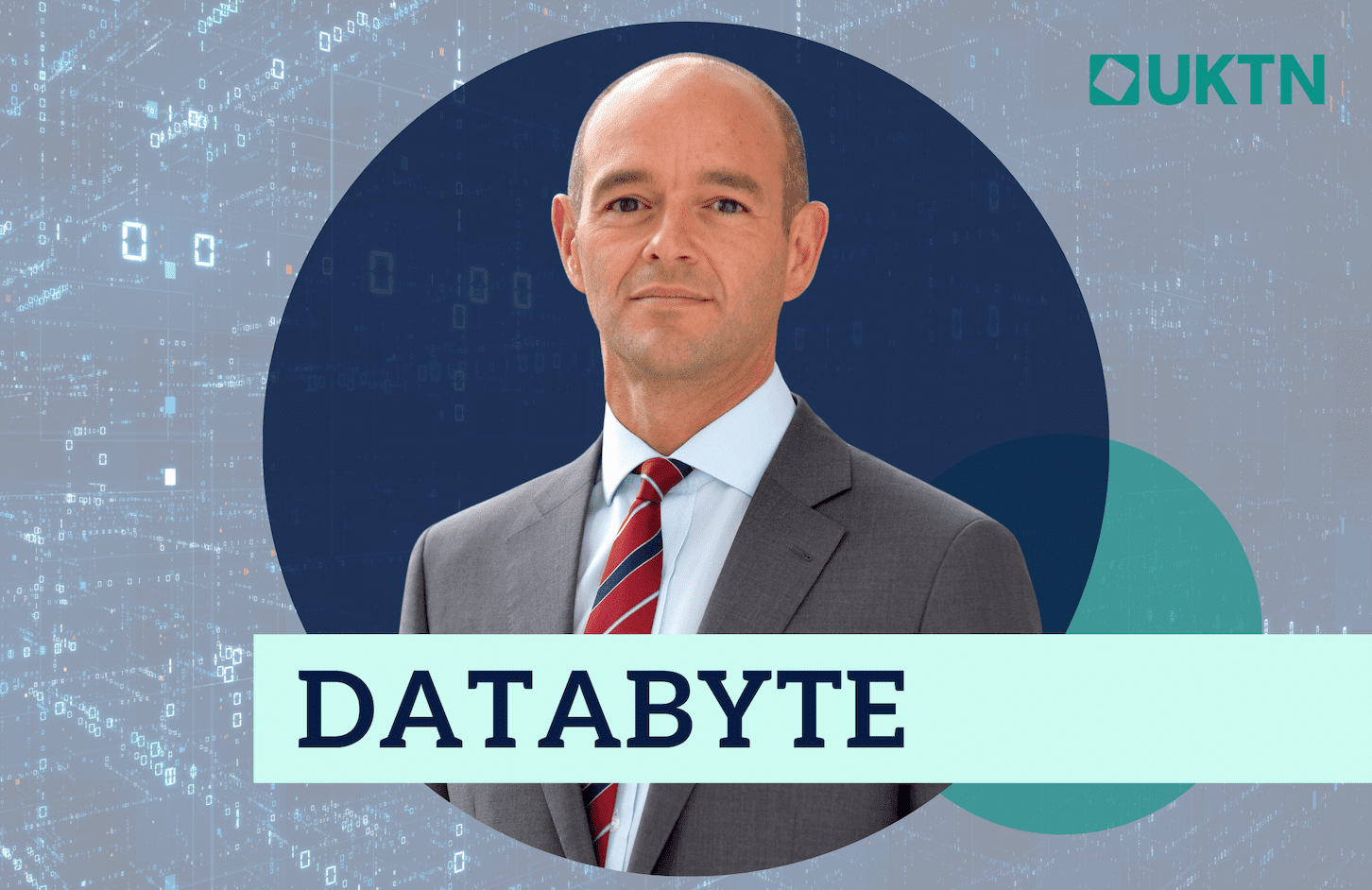Revalia Bio, a startup that helps companies test new therapies on human organs, has raised $14.5 million in seed funding, the company told Crunchbase News exclusively.
New Haven, Connecticut-based Revalia launched operations in March 2023 as a spinout from Yale University. The company claims to be a pioneer of what it has dubbed “‘human data trials,” or as executives describe it, a new category of pre-clinical research that aims to give drug developers early and “predictive” insights from real, functional human organs.
The organs used in the trials have been revived and sustained using proprietary perfusion technology and come from donors whose organs aren’t viable for transplant.
Revalia is seeing “significant demand” for its human data trial platform and, in its most recent year of operations, achieved multimillion-dollar top-line revenue, according to co-founder and CEO Greg Tietjen. It recently signed two of the world’s top 10 pharmaceutical companies as customers, he said.
Tietjen believes that Revalia’s early growth is at least in part due to what he describes as the field of biomedical innovation “moving rapidly to human-centered development driven by recent changes at FDA and NIH that seek to remove our dependence on animal models that simply don’t translate to human biology.”
“Historically, this type of preclinical or translational research was done either in large animal models or petri-dish models using human cells,” he told Crunchbase News. “Our new approach to integrated human data provides better patient relevance than these traditional approaches and allows us to dramatically reduce the timeline, cost and risk profile of developing a new therapy.”
A biophysicist and former assistant professor at Yale, Tietjen ran an academic lab focused on perfusion science. He left his tenure-track position in 2023 to work on the human, data-driven trials that serve as the premise of Revalia.
“The old model of drug development is broken — decade-long timelines, 90% failure rates, and billion-dollar costs are no longer sustainable,” he said.
Business model
In its first year of operation, Revalia worked to validate demand for its human data trials and identify “the optimal product and payment models,” according to Jenna DiRito, the company’s co-founder and chief product officer.
One advantage of these types of human data trials, DiRito claims, is that researchers no longer have to “guess from animal models or in vitro chips.” (The FDA in April announced a plan to phase out animal trials for monoclonal antibodies and other drugs, she pointed out.)
“We make it possible to study human disease directly in living organs, revealing insights into human biology that were previously impossible,” DiRito noted. “These living organs act as the Rosetta Stone of human data because they allow us to align patient history, anatomy, physiology, cellular and molecular profiles into a single complete picture.”
Through its human data, the startup then aims to transform the information gleaned into “decision grade evidence on safety, dosing and efficacy“ without putting patients at risk.
“Just as importantly, human data trials create a new path for organ donation when a donor’s organs cannot be used for clinical transplant,” added DiRito, a 30 Under 30 transplant scientist who’s perfused human organs and is now scaling that expertise through product at Revalia.
Funding and backers
America’s Frontier Fund and Sierra Ventures co-led Revalia’s seed raise, which also included participation from Roger Ferguson, former vice chair of the U.S. Federal Reserve and a member of the board of directors at Alphabet, as well as other existing backers.
Early investor and neuroscientist Milad Alucozai believed in the company’s mission so much that he joined the company to help scale it.
The startup also previously raised $5 million in pre-seed funding in the form of SAFE notes from a mix of institutional investors, angels, friends and family.
Revalia makes money in several ways.
Customers can start with an initial starter trial package. For those ready to go beyond the trial package, Revalia offers a recurring subscription model.
For now, Revalia is focused on running its human data trials in kidney disease and oncology. Looking ahead, the company plans to expand to include new diseases and applications, such as medical device testing.
“We are especially excited to expand human data trials as a companion to existing clinical trials, providing integrated data that better supports adaptive trial designs,” DiRito said.
It is now launching the beta version of its platform.
Brian Wilcove, managing partner at America’s Frontier Fund, said his firm invested in Revalia because it believes that “drug development needs a revolution.”
“And it starts with finally understanding human biology,” he told Crunchbase News via email. “The ability to generate high-fidelity, human-specific data at scale is one of the most important advancements in biomedicine today,” Wilcove added in a written statement. “Revalia’s platform has the potential to not only transform clinical trials, but to strengthen national health resilience.”
Related Crunchbase query:
Illustration: Dom Guzman

Stay up to date with recent funding rounds, acquisitions, and more with the
Crunchbase Daily.







